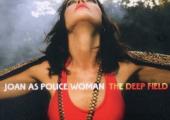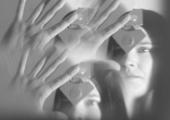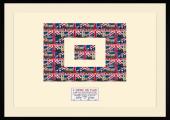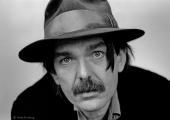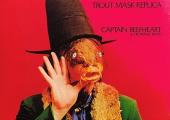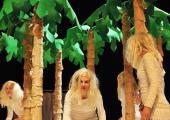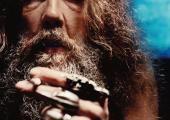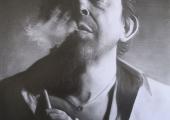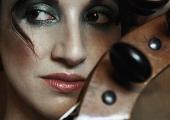Mordant Mass, The Vortex
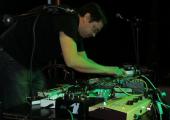
Deep bass, surging electricity and broken crooning at the jazz club
Avant-garde art, by its very nature, always treads a fine line between the sublime and the ridiculous, and between entertainment and alienation. Thankfully this is something understood very well by the joint curators of Friday night's show at the Vortex Jazz Club: Baron Mordant of the Mordant Music record label and Jonny Mugwump of the Exotic Pylon website and radio show. As the names perhaps suggest, these are people versed in the potential deep silliness of what they do, even as they take it very seriously indeed – and their event certainly ranged far and wide between the weird, the wonderful and the out-and-out wrong.

